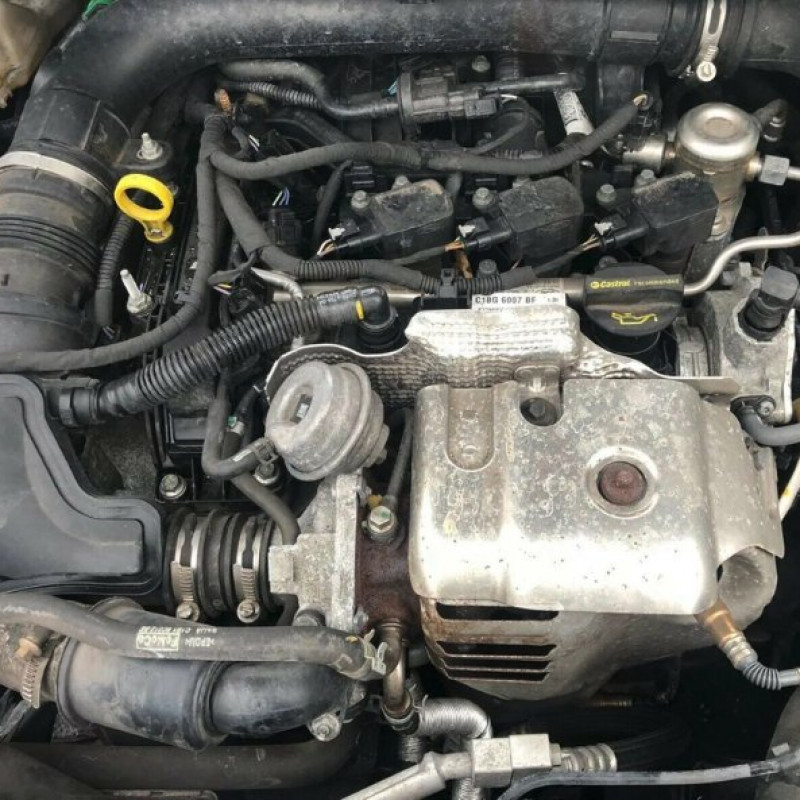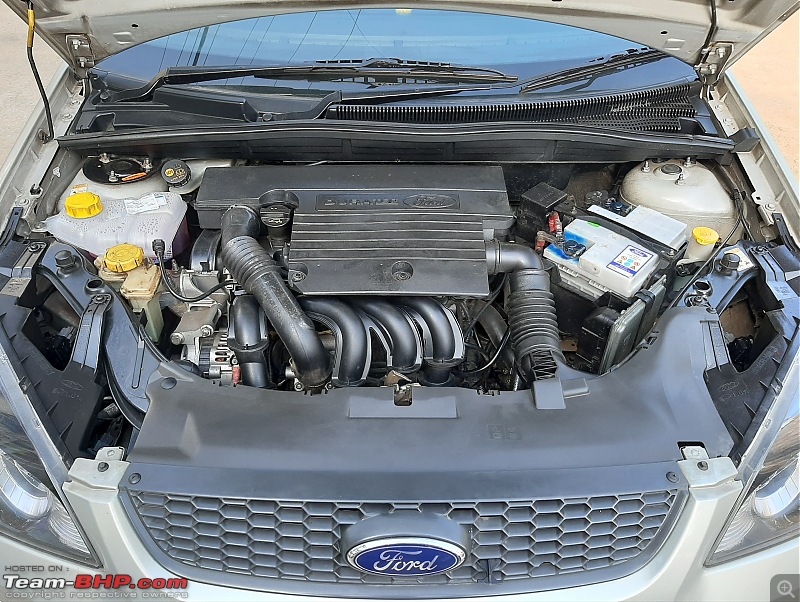Unlocking the Power of Engines: A Comprehensive Overview to Performance and Efficiency
Understanding the intricate auto mechanics of engines is important for both efficiency fanatics and daily vehicle drivers. The solutions might redefine our strategy to engine efficiency and efficiency in means that are both informing and crucial.
Comprehending Engine Basics
What constitutes the essential technicians of an engine? At its core, an engine is a device designed to convert fuel into mechanical energy via a collection of controlled surges or burning procedures.
The crankshaft after that transforms this linear motion into rotational energy, which ultimately powers the vehicle. The camshaft manages the opening and closing of the valves, managing the intake of air and fuel and the expulsion of exhaust gases. In addition, the engine relies upon a very carefully calibrated fuel-air combination, ignition system, and cooling system to guarantee ideal efficiency and effectiveness.
Understanding engine fundamentals also entails recognizing the value of engine cycles, such as the four-stroke cycle, that includes intake, exhaust, power, and compression strokes. Each phase is crucial in guaranteeing the engine functions smoothly and properly. Proficiency of these basic mechanics prepares for checking out more complicated engine characteristics and performance metrics, necessary for optimizing both power result and efficiency.
Trick Performance Metrics
Key efficiency metrics are necessary for reviewing an engine's performance and power outcome, giving beneficial understandings for both manufacturers and consumers. These metrics function as standards for engine performance, enabling educated choices in layout, buying, and production.
Among the main metrics is horsepower, which evaluates the engine's capacity to perform work over time. Torque, measured in pound-feet, is another critical metric that shows the engine's rotational force, straight influencing acceleration and hauling capacity. Fuel performance, typically measured in miles per gallon (MPG) or liters per 100 kilometers (L/100km), evaluates how efficiently the engine converts gas into motion, affecting environmental factors to consider and functional costs.
In addition, thermal effectiveness actions how well an engine converts gas power into helpful work, exposing understandings into power losses mostly through heat. Discharge degrees, including CO2 and NOx, are also important, showing the engine's ecological impact and compliance with regulative standards.

Tuning Techniques for Performance
Tuning strategies play a considerable duty in boosting engine performance by enhancing efficiency metrics determined in earlier discussions (ford fiesta engine). Various approaches exist to fine-tune an engine, each contributing to enhanced fuel economic situation and lowered exhausts
One efficient strategy is adjusting the air-fuel ratio, making sure the engine operates within the optimal combustion program. A leaner blend can improve gas effectiveness, however it should be stabilized to avoid misfires or engine knock. In addition, reprogramming the engine monitoring system can alter criteria such as ignition timing, which even more improves effectiveness while maintaining power output.
Another important strategy involves customizing the consumption and exhaust systems. Upgrading to high-performance air filters and exhaust headers can lower back pressure, facilitating much better air flow. This allows the engine to take a breath even more easily, bring about boosted burning efficiency.
Additionally, the execution of sophisticated tuning devices, like dyno testing, supplies accurate information that allows targeted modifications. Frequently keeping an eye on these efficiency metrics ensures that tuning initiatives yield the wanted performance end results. Jointly, these methods not just bolster engine efficiency but additionally contribute to lasting sustainability in engine operations.
Maintenance for Optimal Performance
Routine engine upkeep is vital for achieving optimum efficiency and long life. A well-kept engine not just operates efficiently but additionally minimizes the threat of costly repair services and breakdowns. Secret elements needing normal attention consist of oil, filters, belts, and trigger plugs.
Altering the engine oil at advised periods is crucial, as oil lubricates relocating components and stops getting too hot. Replacing oil and air filters makes certain that pollutants do not hinder engine feature. Ignoring these pop over to this web-site components can lead to lowered effectiveness and prospective engine damages.
Additionally, inspecting and changing used belts and hose pipes is important to avoid sudden read this article failures. Timing belts, particularly, should be changed according to the maker's routine to avoid disastrous engine damages.
Ignition system must additionally be inspected and replaced as essential, since they play a critical duty in ignition and gas performance.
Future Trends in Engine Innovation
Embracing innovations in technology, the future of engine style is poised to change performance and efficiency across numerous applications. Hybrid and totally electrical powertrains are coming to be progressively mainstream, providing reduced discharges and improved gas performance.
Furthermore, developments in materials science are resulting in lighter, stronger components that improve engine efficiency while minimizing energy consumption. Advanced manufacturing strategies, such as 3D printing, enable the creation of complex geometries that enhance airflow and thermal administration, therefore enhancing combustion procedures.
Furthermore, the integration of man-made knowledge and artificial intelligence is readied to change engine diagnostics and efficiency adjusting. These modern technologies can evaluate vast amounts of information in real time, allowing anticipating maintenance and customized performance enhancements.
Conclusion
To conclude, opening the power of engines needs a detailed understanding of their auto mechanics and performance metrics. Applying reliable adjusting techniques and adhering to regular maintenance practices significantly improve engine capacities. As the automobile landscape develops, accepting future patterns in innovation, including electrification and progressed manufacturing, will certainly be critical for optimizing efficiency and efficiency. This extensive technique not only advantages fanatics but likewise adds to lasting remedies in the world of vehicle design.
In addition, the engine relies on a meticulously calibrated fuel-air mix, ignition system, and cooling down system to make sure optimum performance and effectiveness.
Recognizing engine basics additionally entails identifying the significance my review here of engine cycles, such as the four-stroke cycle, which consists of intake, compression, exhaust, and power strokes. Mastery of these essential auto mechanics lays the foundation for discovering more complicated engine dynamics and efficiency metrics, crucial for optimizing both power output and efficiency.

Welcoming advancements in modern technology, the future of engine design is poised to transform efficiency and performance throughout numerous applications.